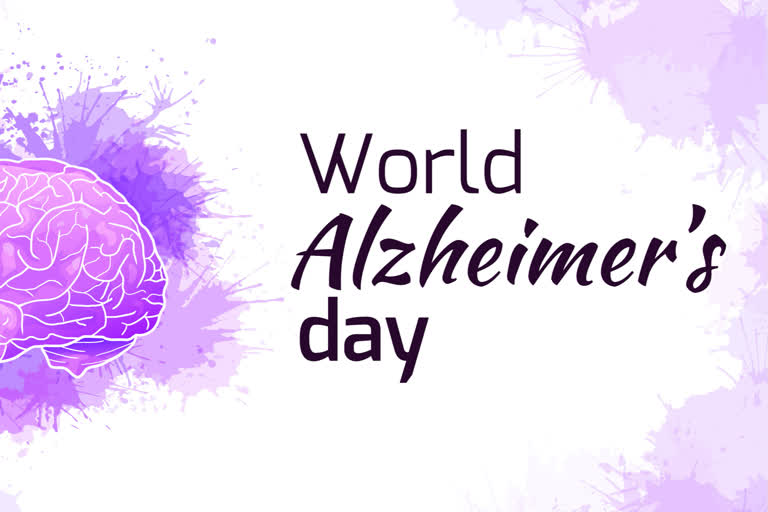According to the World Health Organisation (WHO), Worldwide, around 50 million people have dementia, and there are nearly 10 million new cases every year. Alzheimer's disease is the most common form of dementia and may contribute to 60–70% of cases. But what exactly is this disease?
What Is Alzheimer’s?
Alzheimer's is the most common type of dementia, where the functions of the brain can be severely affected. The Centers for Disease Control and Prevention (CDC) defines Alzheimer's as a progressive disease beginning with mild memory loss possibly leading to loss of the ability to carry on a conversation and respond to the environment. It involves parts of the brain that control thought, memory, and language and can seriously affect a person’s ability to carry out daily activities.
Risk Factors
Research is still going on to understand the diseases even better since the exact cause of this disease is still unknown. However, as of what all is known till date, here are some of the possible risk factors as stated by the Alzheimer’s Association of India, that may affect a person:
- Age: Advancing age is the greatest risk factor for developing Alzheimer’s disease.
- Family Members with Alzheimer’s: If your parent or sibling develops Alzheimer’s, you are more likely to develop the disease than someone who does not have a first-degree relative with Alzheimer’s.
- Genetics: Researchers have identified several gene variants that increase the chance of developing Alzheimer’s disease.
- Mild Cognitive Impairment (MCI): Having MCI, particularly MCI that involves memory problems, increases the risk of developing Alzheimer’s and other dementias.
- Cardiovascular Disease: Research suggests that brain health is closely related to heart and blood vessel health. The brain gets the oxygen and nutrients needed to function normally from blood, and the heart is responsible for pumping blood to the brain.
- Education and Alzheimer’s: Studies have linked fewer years of formal education with an increased risk of Alzheimer’s and other dementias.
- Traumatic Brain Injury: Individuals who sustain repeated brain injuries, such as athletes and those in combat, are also at a higher risk of developing dementia and impairment of thinking skills.
Signs And Symptoms
The onset of symptoms of this disease is usually delayed and may not be easy to diagnose at an early stage. The WHO has categorized the signs and symptoms of dementia into 3 stages, which are as follows:
Early-stage: the early stage of dementia is often overlooked because the onset is gradual. Common symptoms include:
- forgetfulness
- losing track of the time
- becoming lost in familiar places.
Middle stage: as dementia progresses to the middle stage, the signs and symptoms become clearer and more restricting. These include:
- becoming forgetful of recent events and people's names
- becoming lost at home
- having increasing difficulty with communication
- needing help with personal care
- experiencing behavior changes, including wandering and repeated questioning.
Late-stage: the late stage of dementia is one of near-total dependence and inactivity. Memory disturbances are serious and the physical signs and symptoms become more obvious. Symptoms include:
- becoming unaware of the time and place
- having difficulty recognizing relatives and friends
- having an increasing need for assisted self-care
- having difficulty walking
- experiencing behavior changes that may escalate and include aggression.
Diagnosis and Management
Since there is no cure available to date and it being a progressive disease, early diagnosis of Alzheimer’s is important. This will help manage it and slow down the onset of symptoms and deterioration of the condition. Certain memory tests, brain-imaging tests like MRI, CT scans, and other laboratory tests may be conducted to confirm the existence of this disease in a person.
Management of the disease may include:
- Keeping the person away from stress or anxiety
- Reading books and playing mind games
- Practicing yoga and meditation
- Caring and loving the person
- Keeping them socially active
- Engaging in other recreational activities, etc.
Therefore, early diagnosis is the keep to slow down the worsening of the symptoms. Especially now, during the times of COVID-19, the caregivers need to be extra precautious and take care of their medications properly. With an Alzheimer’s patient at home, financial conditions may get affected and the situations may get overwhelming for the families. Therefore, people need to stay strong and seek support from health, social, financial, and legal systems



